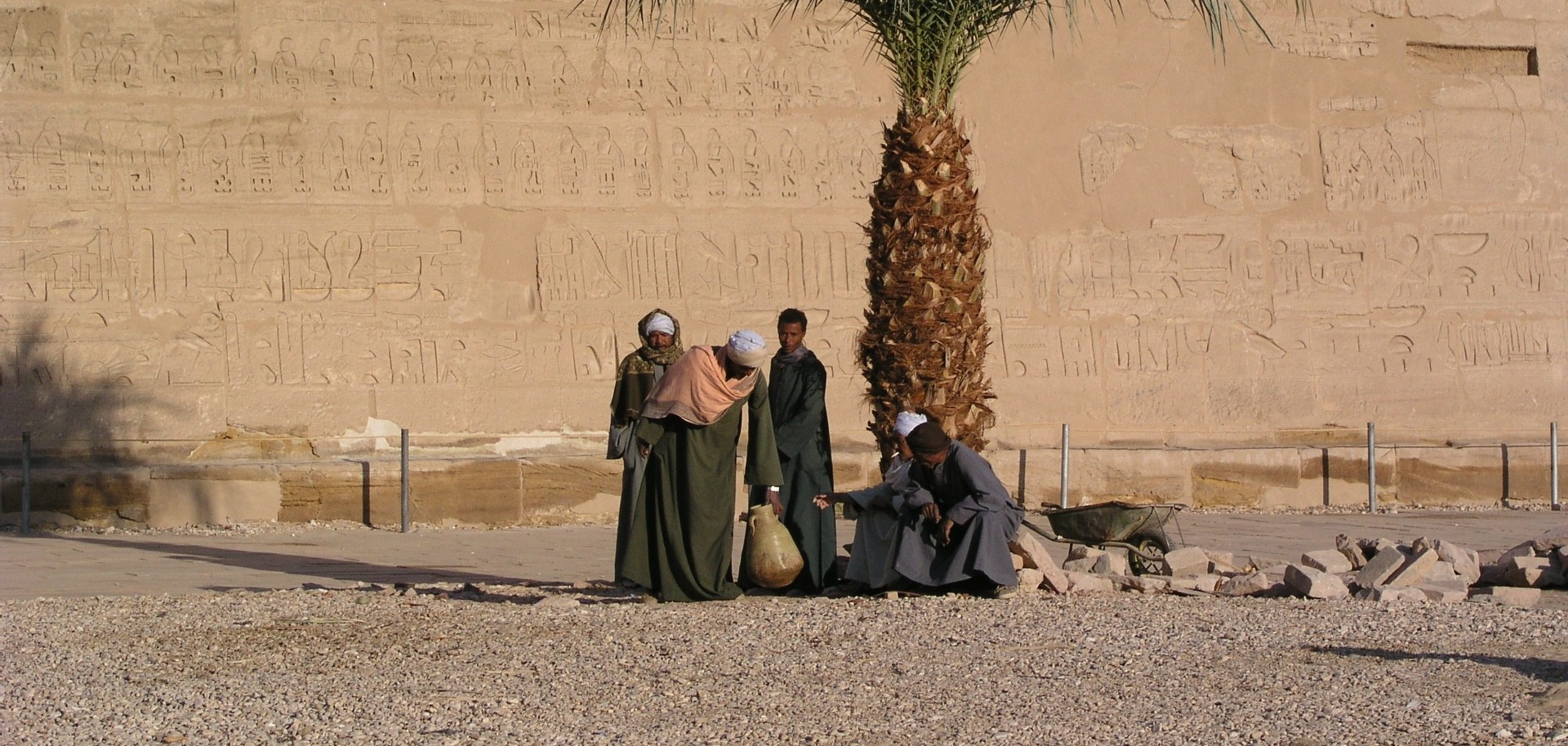
Structure and objectives
Farms4Climate started in April 2022 and is expected to last 3 years. Its overall objective is to facilitate the creation and development of community-based organisations that can drive economic growth by flagshipping agro-ecological carbon farming. This is achieved by developing digital enablers to make carbon farming operational for smallholders, and empowering stakeholders through programs designed to inspire systemic change and to promote eco-entrepreneurship and gender-transformative dynamics.
The basic workflow of the project is based on carrying out a farmer-focused living lab process in six different regions, where at least a lighthouse farm (aka the champion of sustainability), an agronomic research centre and a digital developer would work together towards capturing carbon farming opportunities relevant to the local conditions. Basically, 1) the champion of sustainability puts forward an agroecological practice that diverges from the regional "business as usual", 2) the research centre performs field trials to confirm the reduced carbon footprint of such a practice and estimate the climate impact of its upscaling at regional level; 3) the digital partner develops a tool that can help local farmers to measure, report and verify their climate footprint, therefore paving the way to generate carbon credits that can be sold. By articulating these three phases and engaging with a large multi-actor community representing regional economic and environmental interests, the ultimate ambition of the Farms4Climate consortium is to fine-tune a replicable approach that can inspire the creation of rural organisations to drive sustainable innovations in the Mediterranean. Such overall vision will be realised by achieving the following, work package-specific objectives.
WP1 - Project coordination and management: To manage the overall project with respect to administrative, financial, and technical issues, ensuring the highest quality of the results, completing deliverables according to time and budget.
WP2 - Living labs, purpose, eco-entrepreneurship, women and young farmers: To design and execute a living lab programme that would build synergies among local stakeholders, scaling up innovative business models based on regenerative agriculture, and being able to adapt to farmer and consumer behaviours.
WP3 - Setting up fit-for-purpose, result-based carbon farming schemes based on MRV methodologies to realise full climate impacts: To explore suitable and viable carbon scheme configurations through: (i) compiling the baseline of climate performances of the regenerative practices; (ii) providing guidance on the selection and use of the most suitable MRV components and data management approach; (iii) estimating the regional climate impact of upscaling the selected regenerative practices.
WP4 - Field monitoring and modelling of climate smart regenerative agronomic practices: To evaluate a cohort of context-specific regenerative agronomic interventions, by setting up field trials to demonstrate their capacity to increase carbon sequestration, enhance biomass production, and possibly reduce GHG emissions.
WP5 - Design of digital tools targeting smallholders: To create farmer-focused digital tools for tracking carbon footprint along the agricultural value chain, from farm to fork, as well as investigating blockchain, AI models and cognitive engines for recommending and verifying possible mitigation actions and circular economy opportunities.
WP6 - Communication, dissemination, blueprinting innovation and commercial exploitation: To design and execute a strategy for impactful communication and dissemination at the project level, as well as developing tools and templates to inspire effective, business-oriented communication for rural organisations to attract further investments for the long-lasting economic sustainability of the action.
